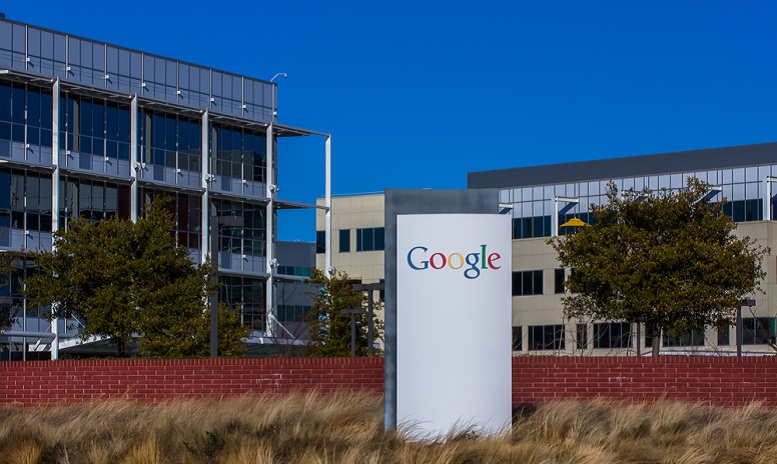Google (NASDAQ:GOOGL) has increased the character limit for snippets and it’s going to have a huge effect on SEO.
First of all, what’s a snippet? In simplest terms, a snippet is the section of description you see when you search something on Google, before clicking on the actual website. It gives us a “snippet” of how that website is going to relate to your search term and should be able to entice you into clicking through to that website.
Google has now increased the size of snippets, meaning that more text will be displayed in them. Snippets used to have a 165-character limit, which averaged out to 2-3 lines of text. This meant, more often than not, that most snippets would actually be snippets and not just a full explanation. With Google increasing the snippet size, snippets can run on anywhere from 3-6 lines of text.
The implications of this are a lot more significant than they seem at first glance. As mentioned before, a shorter snippet length meant that the displayed text was often cut off, often mid-sentence, meaning that the likelihood a viewer would click through to the website was fairly high, in order for them to finish reading the text. Now, however, the longer snippet size means that the display text usually completes itself. Depending on what was in the snippet, the viewer may have gotten all the information they needed from the snippet alone, and they won’t need to click through to the website. That means the click-through rates for a lot of websites may end up going down due to this increase in snippet size.
As of December 2, approximately 51% of the search results containing longer snippets appeared in at least one of the top ten search results.
So what’s this going to do to SEO?
First of all, having longer snippet sizes changes how marketers should write and optimize the meta description for the snippet. On the one hand, websites want click-through, which they may not be able to get with the longer snippet. On the other hand, however, websites also want to be ranked higher in the search results, so that they get a chance at being seen at all, and to do this, they will have to conform to Google’s recommendation of the longer snippet.
As already mentioned, the longer snippet size may impact click-through rates. For anything requiring a simple answer, the snippet will probably be long enough to provide that answer, and so click-through for these sites will likely decrease. Conversely, sites writing on a more complex idea may actually start seeing higher click-through rates, as the longer snippet could provide a little more information to entice the viewer.
Longer snippet sizes also mean less room for sites on the top portion of the first page of the search results. People may find their answer faster, and so not have to scroll down to lower sites, meaning these sites may start getting fewer views and click-throughs.
Featured Image: Depositphotos/© wolterke











